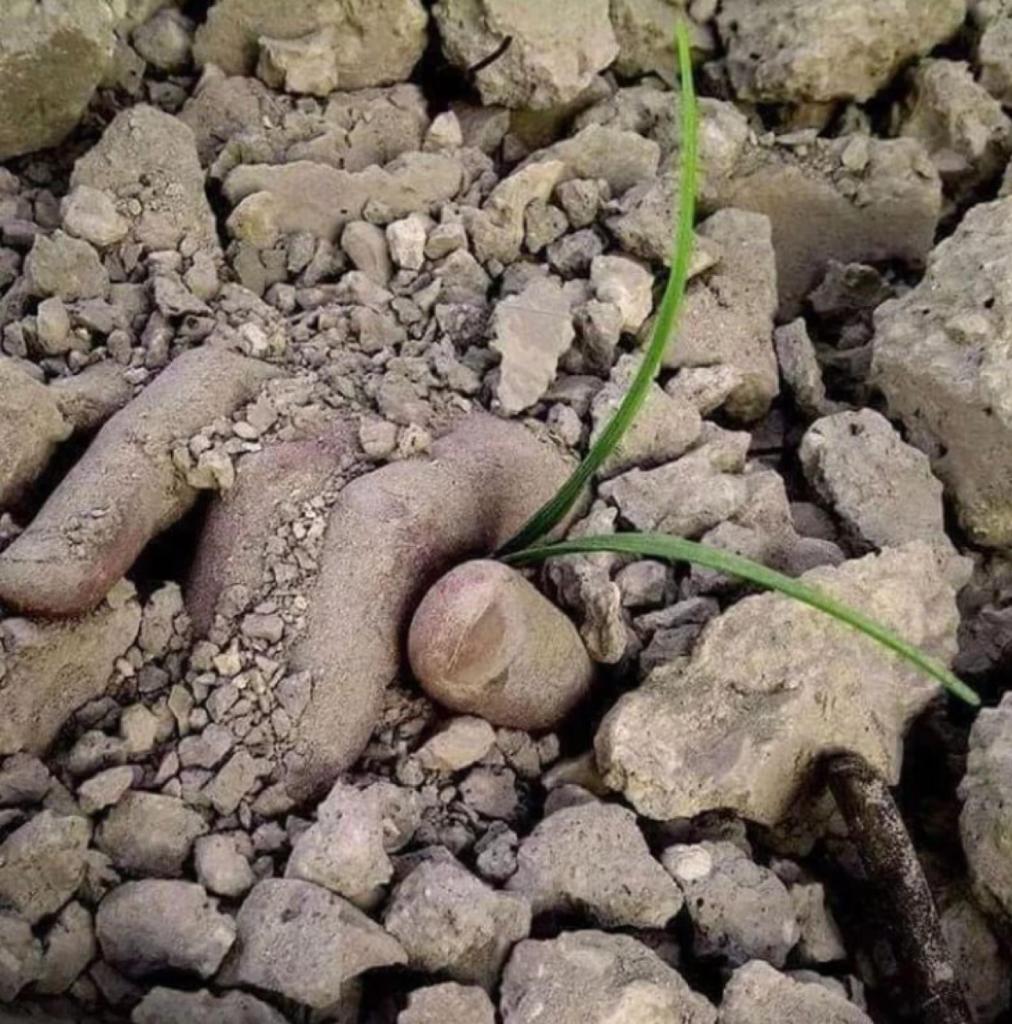
Qualche settimana fa, una persona che conosco da anni mi ha scritto per dirmi che dagli ultimi bollettini le era sembrato che fossi molto disturbata dalla situazione a Gaza. L’osservazione mi ha colto di sorpresa e la mia immediata reazione è stata di irrigidimento, ovviamente sono molto disturbata – lo sono io e lo sono molte delle persone a me care, come si fa a non essere profondamente disturbati e continuare ad andare avanti come se niente fosse?
Quell’osservazione continua a farmi pensare.
Sono passate 28 settimane dal 7 ottobre e questo periodo marca per me un chiaro prima e dopo. Una frase di un film uscito di recente mi ha molto colpito e mi ronza nella testa: “Cosa ha cambiato in me Gaza? Il mio intero essere.”
C’è un facile rischio di retorica, ma credo che questo sia vero anche per me: più nel senso dello svelamento che in termini di cambiamento. La lotta per l’autodeterminazione della Palestina è stata parte integrante della mia formazione politica ed è un elemento fondamentale del mio stare al mondo da più di trent’anni. In questo senso, quindi, c’è poco da cambiare.
Cosa dunque ha cambiato in me Gaza?
Mi ha messo di fronte a me stessa in modi inaspettati.
Non prendere posizione non è un privilegio a cui ho diritto. Non correre rischi per le mie idee politiche non è un privilegio a cui ho diritto. Non ho il diritto di girare lo sguardo e far finta di non vedere.
Per chi come me scrive per mestiere, c’è il dovere deontologico di parole chiare e precise. Un assassino è un assassino; un genocidio è un genocidio; una strage di innocenti non è un incidente, ma un massacro; un bambino non muore di fame per caso, ma è ucciso da un preciso disegno strategico.
Il silenzio e il quieto vivere sono forme di complicità che non voglio più avallarle. Non sono scelte che condivido e che rispetto e quindi non voglio far finta che siamo tutti amici come prima.
In un momento di lutto così accecante, c’è però una comunità che si sta ritrovando. Una comunità di maglie strette e maglie larghe, di gente lontana e vicina, conosciuta e sconosciuta che vive chiaramente un prima e un dopo, che si riconosce in questo cambiamento irrevocabile e si sostiene a vicenda alla luce di questa cesura.
Una delle immagini più terribili che ho visto in queste 28 settimane e che non mi abbandonerà mai più è quella di un seme di dattero che ha germogliato fra le dita di una persona sepolta sotto le macerie. Un orrore e un miracolo allo stesso tempo. Una metafora devastante che non ha bisogno di spiegazioni. Uno spiraglio e forse un auspicio sulla forza indomabile della resistenza e della solidarietà.

